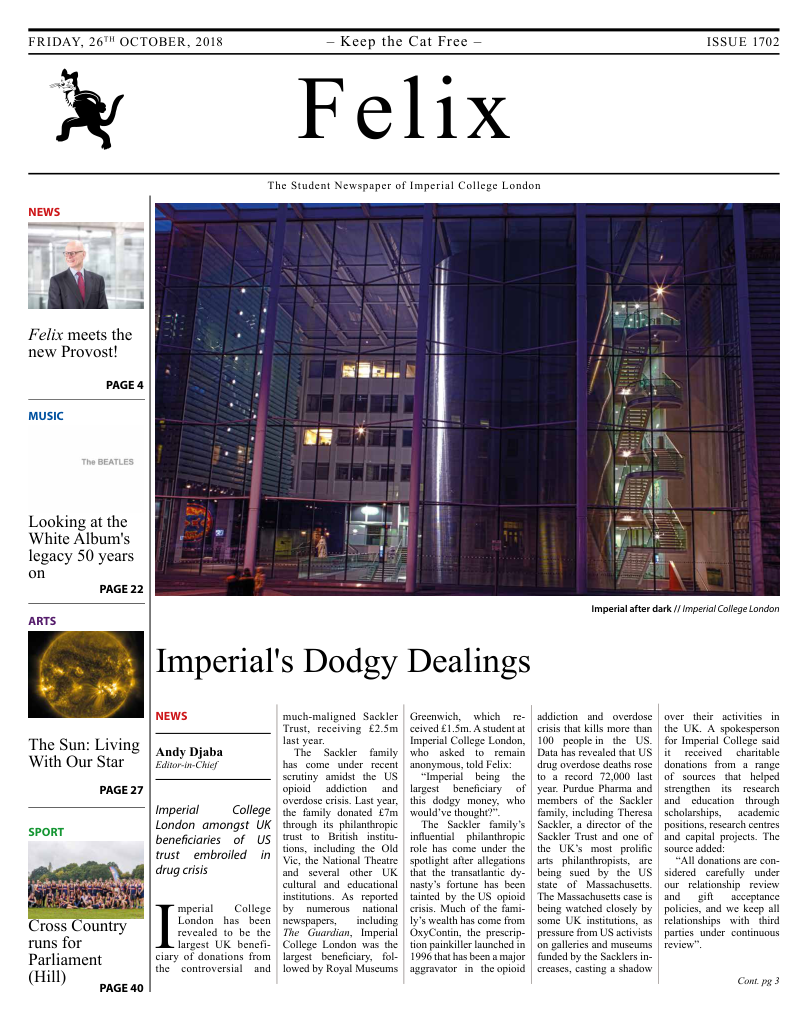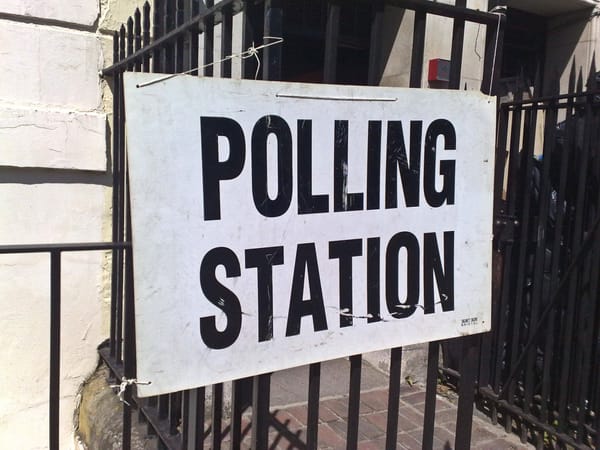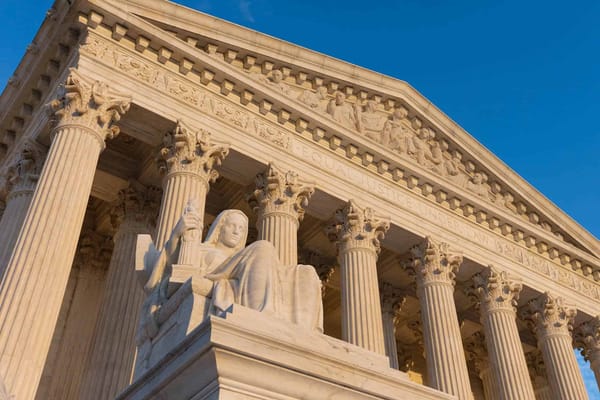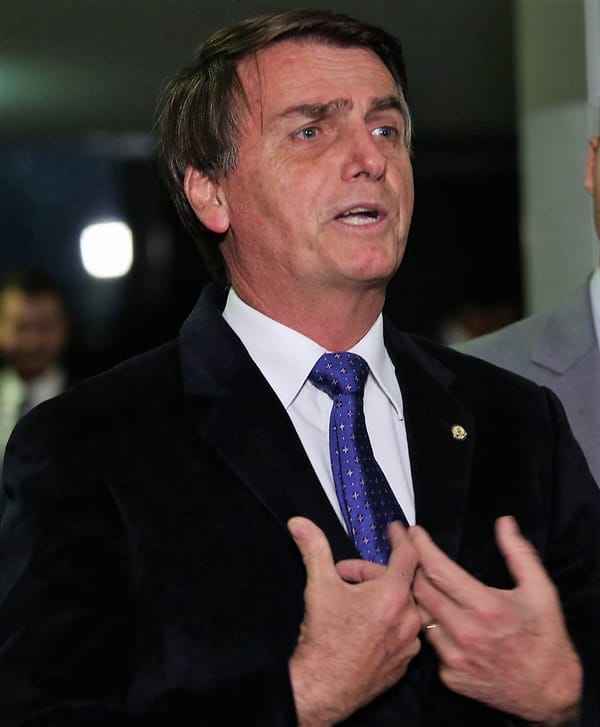Jamal, the Martyr
Something terrible happened in the Saudi consular office in Istanbul. The murder of Jamal Khashoggi reveals the dangers that journalists face everywhere.

In 1170, four English knights murdered the archbishop of Canterbury, Thomas Beckett, following the orders of king Henry II. The assassination of Beckett had ramifications that reached continental Europe, and less than two years after his death he was declared a saint by the Church. Henry had to publicly repent, and the murderers were exiled to the Holy Land. The worship of St. Thomas of Canterbury grew strong among Christians, who saw him as the poor victim of a ruthless ruler. He became a symbol, a martyr of a bigger cause.
What does this have to do with Jamal Khashoggi, a Saudi journalist born 788 years after the murder of Beckett? To understand the relationship, we have to explore the life of a man that had to endure throughout his life the tension of being a critical voice of the Saudi establishment while coming from an elite family himself. A life that was cut short in a dark room in Turkey on October 2nd.
Jamal Khashoggi’s family was deeply linked to not only the Saudi royalty, but to the master classes of the whole Middle East. His uncle was the infamous arms dealer Adnan Khashoggi, and among his cousins one could count Dodi al-Fayed, the tragical companion of lady Diana Spencer. During his university years, he joined the Muslim Brotherhood, a political and religious group that defended a very rigorist interpretation of Sunni Islam. There he befriended Osama bin Laden, and defended him when the future Al Qaeda leader went to Afghanistan to fight alongside the Mujahedeen against the Soviet army.
Later, he moderated to more liberal positions. A talented journalist, he worked with the reformist media of the Saudi kingdom, taking important editorial positions in diaries such as Al Watan, where he achieved the post of editor in chief. He was however under constant pressure, as the more conservative elements in the Saudi government were displeased by his criticism of the extreme religious policies of the state. Khashoggi was also critical of Saudi Arabia’s action in the Yemen War, which has led to a famine that is threatening the lives of millions of people. He also opposed the attempts to isolate Qatar from other Muslim nations that the Saudi government enacted after the schism between the two countries in 2016, and advocated Saudi women’s rights. Thus, he was increasingly becoming a thorn in the House of Saud’s side, and one of the biggest foes of the power behind the throne in the country, Crown Prince and Defence Minister Mohammad bin Salman. He became a bigger threat when his international profile started to rise as he was hired as columnist by the Washington Post.
He had become too dangerous and soon the trap was set. Khashoggi intended to marry a Turkish national, and in order to do so he had to obtain a set of documents from the Saudi consulate in Istanbul. It is not clear what happened once he stepped into the building. We know he was killed, because the Saudi state has admitted it after two weeks of waffling. It is strongly suspected that he was murdered in an extremely macabre way, involving tortures and dismemberment with a bone saw while he was alive. He was to become a warning to other dissidents, a reminder of the fate faced by those who don’t toe the line of the state.
But the action backfired. Ironically, by removing one of the voices that denounced the corruption and crimes of the Saudi government, the perpetrators have attracted the attention of the mainstream Western media, that had till then not given much attention to the foreign policies of the kingdom. Khashoggi has become the face of Saudi oppression, of the massacres in Yemen, of the plight that the female Saudis have to endure every day.
European governments have started taking action, with Germany leading the way to stop the trading of weapons to the country. The involvement of elements of the Saudi state has become more and more clear, as the suspects of carrying out the assassination have been identified as members of Bin Salman’s closest circle. The evidence was still denied by Saudi Arabia, which argued for two weeks that Khashoggi had disappeared after leaving the consulate. They had the support of Donald Trump, who has never hidden his disdain for the free press and his cosiness to the House of Saud. But not even the backing of the American government was enough to hide the truth. Saudi Arabia admitted that Kashoggi died, though according to their version of the story it was following a brawl between him and the Saudi consul. The latest line of defence is blaming the crime on the Saudi legation, insisting that the Saudi government had nothing to do with the murder.
Is Jamal Kashoggi a modern day Thomas Beckett? The killing of Beckett caused such an outrage that it forced the king of England to issue a public apology. It provoked universal condemnation in medieval Europe, and the kingdom was in risk of complete isolation for a time. Centuries have happened since then, centuries that have seen massive advances in human rights and the rule of law. While our governments comply with the march of progress? Or instead, will they ignore the matter in the long term, proving that they have lower standards than the feudal monarchies of Europe. Time will tell. Until then, we aspiring journalists can only mourn the life and work of a man that stood against powers that wanting him gone, and achieved so in the most gruesome fashion. Assalaamu ‘alaykum warahmatullah.










